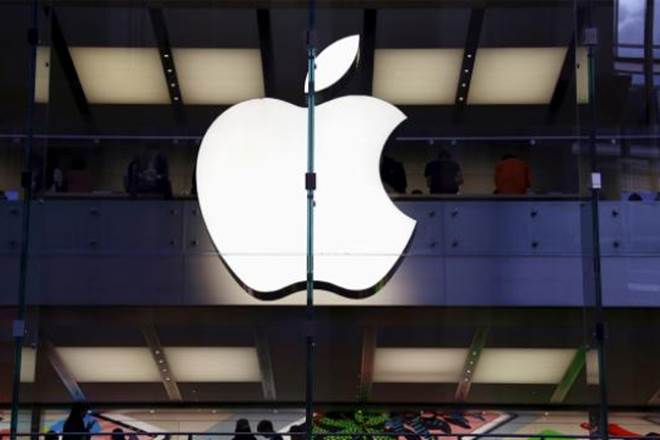The ministry of electronics and information technology (MeitY) has endorsed the revenue department stance that Apple’s demand for an import duty exemption for certain components for making iPhones in India can’t be met. In its comments on US technology giant’s wish-list, the ministry said: “Apple is seeking an exemption from phased manufacturing programme (PMP) — that is, chargers, batteries and headphones for manufacture of Apple phones — be exempted from basic customs duty and countervailing duty (CVD), which may not be feasible.”
However, on Apple’s query as to whether smartphone exports are eligible for incentives under the Merchandise Export from India Scheme (MEIS), MeitY has taken a favourable view.
While smartphones are covered for benefits under MEIS, MeitY has suggested to the commerce ministry to increase the support to 5% of the FOB value from the existing 2%, official sources said.
You May Also Want To Watch:
[jwplayer CtxnSxxG-DE6UeepY]
Commerce and industry minister Nirmala Sitharaman on Wednesday said in the Rajya Sabha that that government has not accepted “most of the demands” of iPhone maker Apple.
Although the Karnataka government last month announced that Apple would set up a manufacturing unit near Bengaluru, sources had earlier told FE that the iPhone maker plans to set up only a “pilot project” there (to produce around 3-5 lakh phones), and the extent of manufacturing in India hinges on the kind of concessions the central government is willing to offer to the tech giant. The Prime Minister’s Office is now expected to take the final call on Apples’ wish-list.
In a bid to raise value-addition by foreign mobile handset makers under in India under the PMP, the government — while keeping a 1% excise duty on domestic manufacturing (assembling) — had levied a 12.5% CVD on chargers, batteries and headphones. MeitY had earlier wanted this relaxation to be extended to five more sub-assemblies of mobile phone handsets in the Budget for 2017-18, which was, however, not accepted by the department of revenue, according to sources.
Also, while MeitY had recommended exempting all capital goods for the manufacture of mobile phones from the BCD and the CVD — a key demand of Apple — the revenue department didn’t approve it, so the Budget for 2017-18, too, was silent on the issue, said the sources. Moreover, Apple’s request for including new and used capital equipment and spare parts within the scope of the modified special incentive package scheme (M-SIPS), a brainchild of MeitY to boost electronic manufacturing in the country, will require an amendment to the scheme. A decision to this effect is yet to be taken.
In a communication to the Indian government last year, the company had also sought several other sops — including a 15-year customs duty holiday on imports of iPhone kits, new and used capital equipment, and consumables — to set up a manufacturing unit. It has sought duty cuts on components — completely knocked down (CKD) and semi-knocked down (SKD) units of iPhones — for reassembly at the finished goods manufacturing line. It has also sought a relaxation of the 30% local sourcing requirement under the foreign direct investment (FDI) rules.
In a presentation to an inter-ministerial panel on January 25, the company executives are learnt to have explained why they need certain sops to be able to set up a unit here. The departments of electronics and information technology, and revenue are in the process of finalising their feedbacks on a majority of Apple’s demands that fall within their respective domains.
Apple has turned to India, the world’s fastest-growing smart phone market, to reverse slowing global sales, according to analysts. Also, with cost of production in China rising due to soaring wages, among other things, the company is perhaps looking at diversifying its manufacturing base out of China, they said. The company doesn’t make its own products; rather, it does it through contract manufacturers, including Foxconn and Pegatron. So, if Apple sets up a base here, the contract manufacturers may also establish units here to cater to the tech major’s demands, they said.
Currently, Apple sells its products in India through a network of local distributors and retailers. Most of the company’s items are assembled in China, usually by Foxconn Technology.


